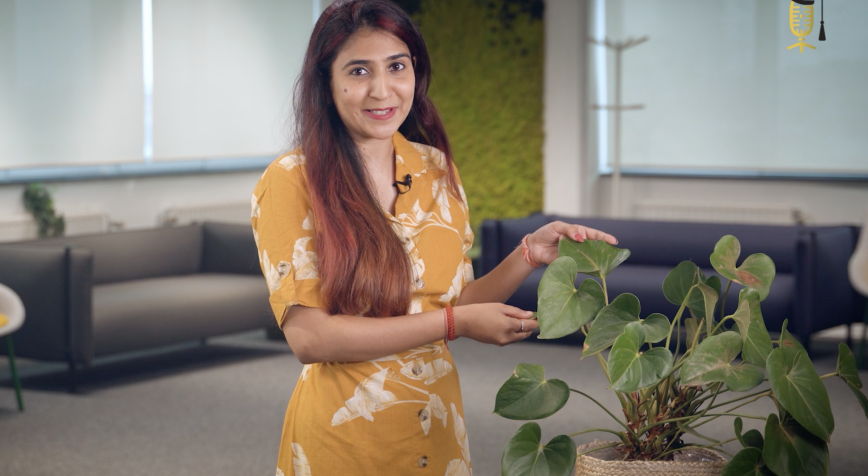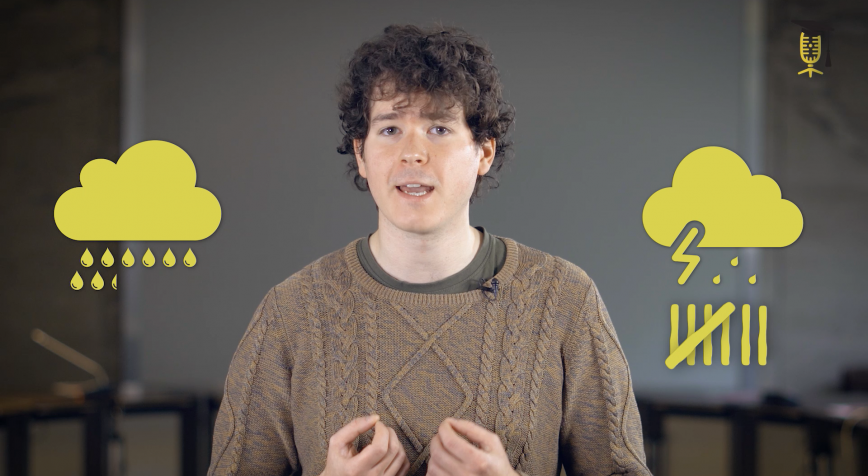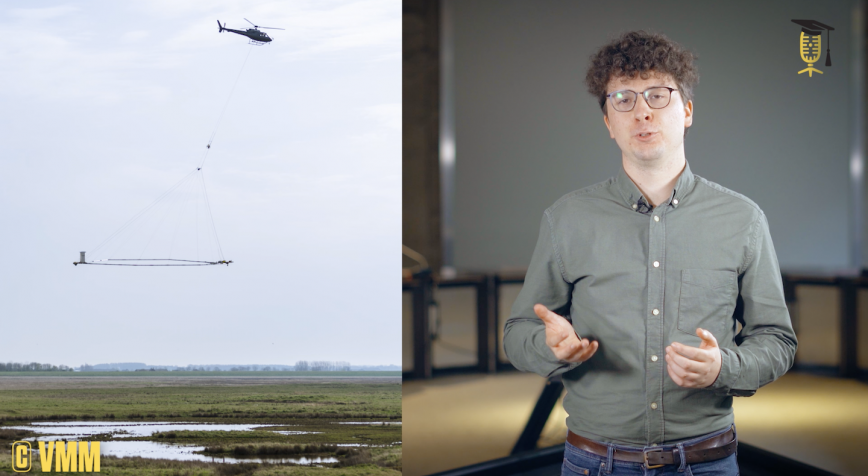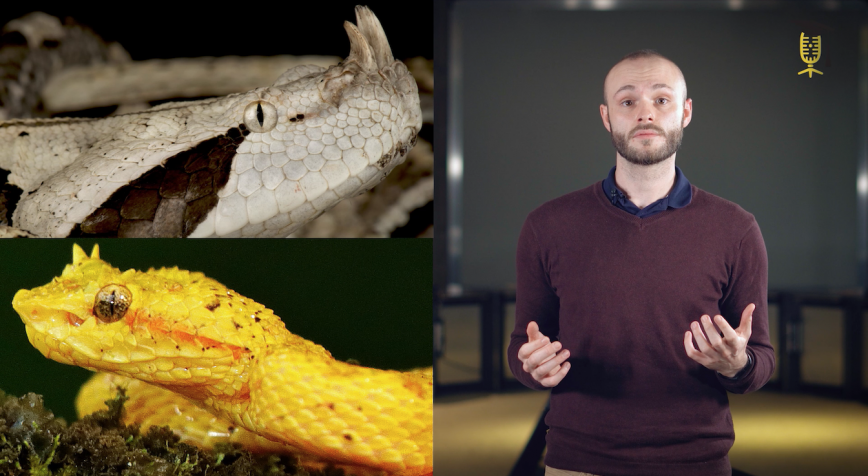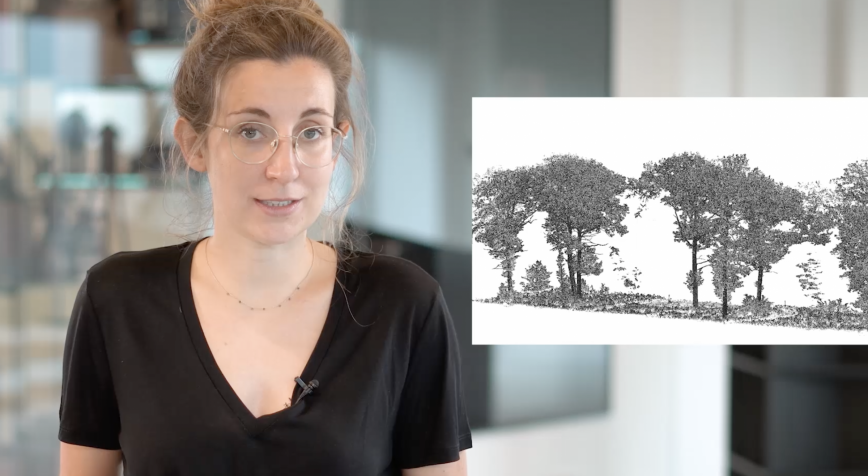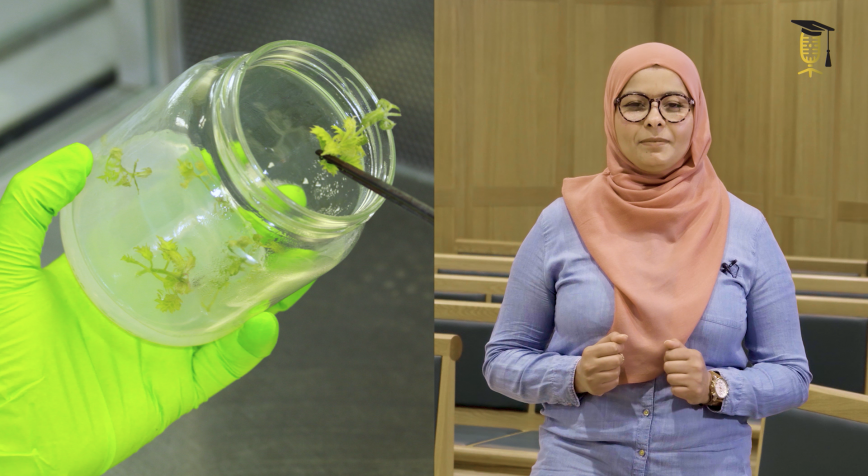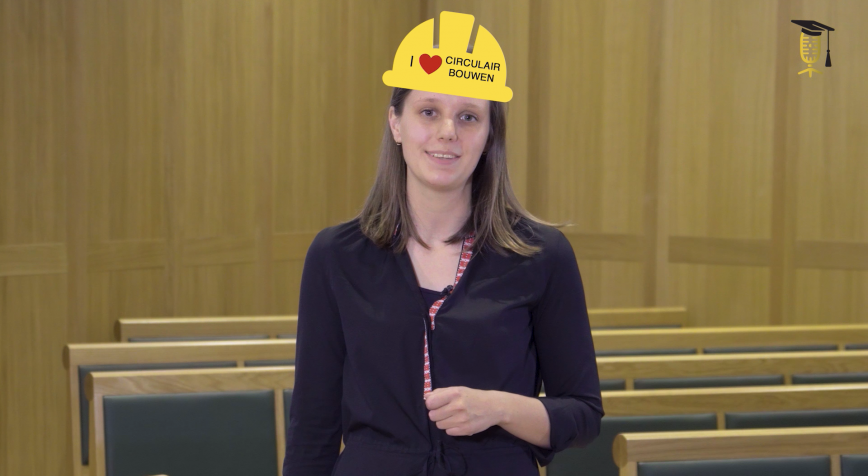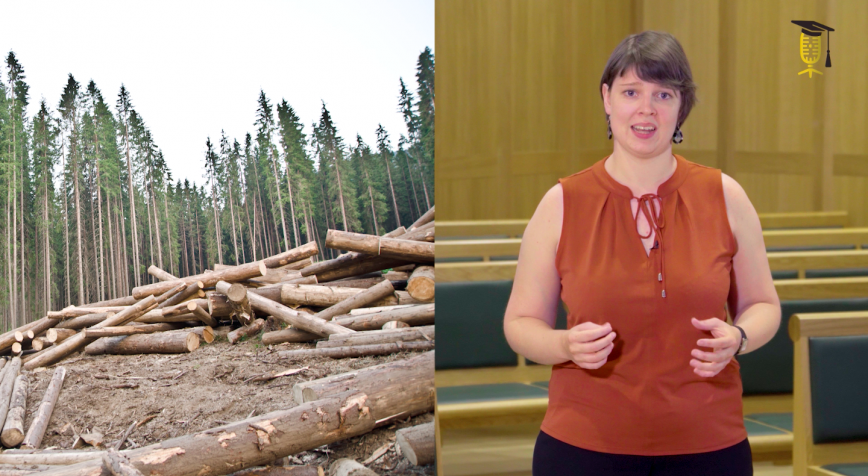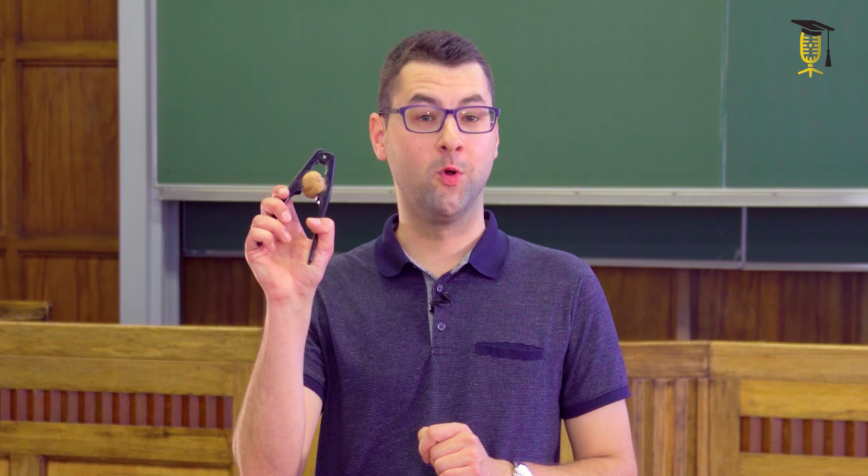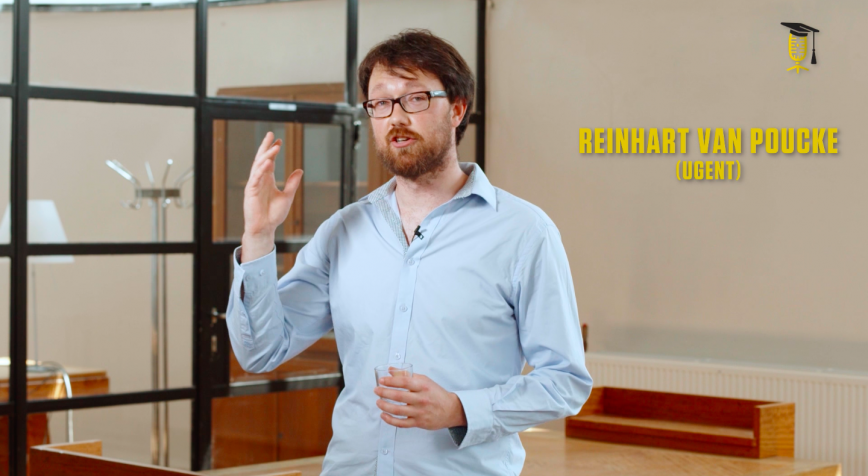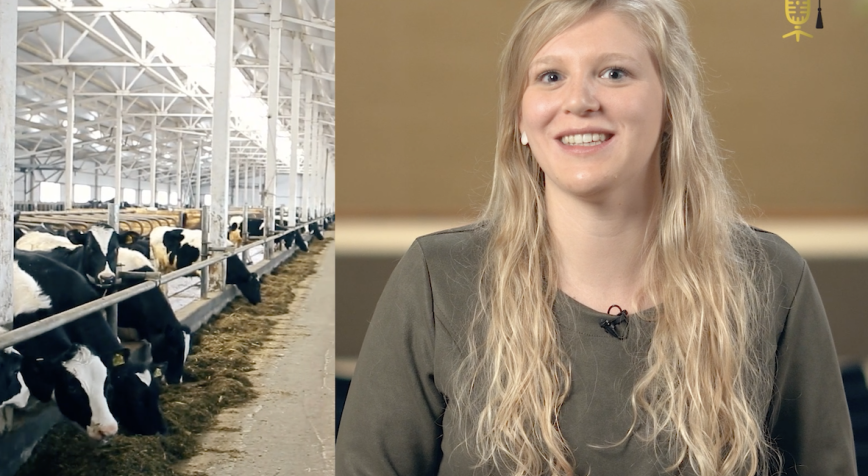
ILVO
UGent
How do we reduce our dairy cows' nitrogen emissions?
How do you make a dairy cow emit less nitrogen without her producing less milk? To this end, Tine Van Den Bossche (ILVO - UGent) is doing tests with different feed additives that help the cow make milk proteins, among other things. Her goal: to provide milk that is not only good for all of us, but also better for the environment!
